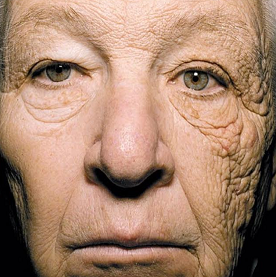I am 19 years old and I used to tie my hair up very tightly in high school and I wore hats which made me lose a lot of hair. My hair currently looks like (https://imgur.com/a/Rw7qVdf). I went to a dermatologist (looked at my head for 2 minutes), who prescribed me 2% ketoconazole and 100 mg minocycline, which helped for a while, but stopped working. I just ordered a months supply of: DHT shampoo, finasteride (1 mg), minoxidil, biotin gummies. I was wondering what your advice would be on taking each of those and what you think wouldn’t help me that much based on my circumstances. I believe I am/had suffering/suffered from traction alopecia. I completely stopped wearing hats and I shaved my head bald a few months ago. My hair grew back but it’s noticeably thin on the top and extremely thin in the crown area. Again, I appreciate you taking your time reading this.
Let me know if there’s any other information you need, or anything that would help you come to a conclusion on what I should use.
This doesn’t look like traction alopecia to me. It is very hard to get traction alopecia in the top and crown. In the frontal, it is a different story but your frontal hairline is good. I would suspect that this is early but quickly advancing male pattern balding and at 19, with this much balding, you should commence treatment immediately with finasteride, which is the only medication that might stop it.
2020-05-11 04:00:292020-05-11 08:51:50Traction Alopecia or Something Else? (Photos)

